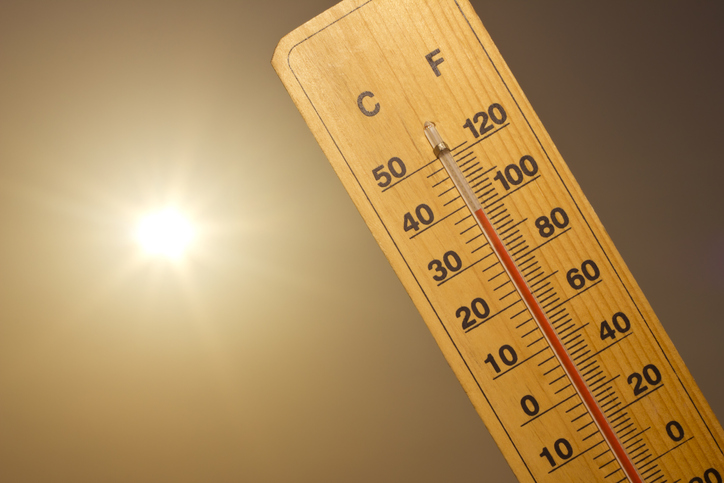
When summer temperatures begin to climb, it’s dangerous for everyone. But what many people don’t realize is that the elderly are especially vulnerable and are more prone to heat stress, heat exhaustion and heat stroke. They don’t adjust as well to changes in temperature, and chronic medical conditions or medications can interfere with their body’s ability to regulate temperature.
What to Do
Keep a close eye on older adults when temperatures start to creep into the upper 80s and above. Check in on elderly neighbors and loved ones. Try to do it twice a day so you can assess the temperature of the home and how they’re coping.
What to Look For
Be on the lookout for signs of heat-related illness. Symptoms can include:
If you suspect heat-related illness, seek medical attention immediately. While waiting for help, you can use wet towels or a cool shower or sponge bath to start the cooling process.